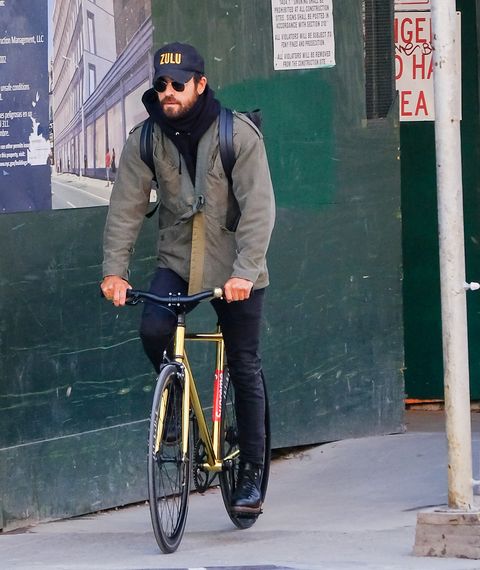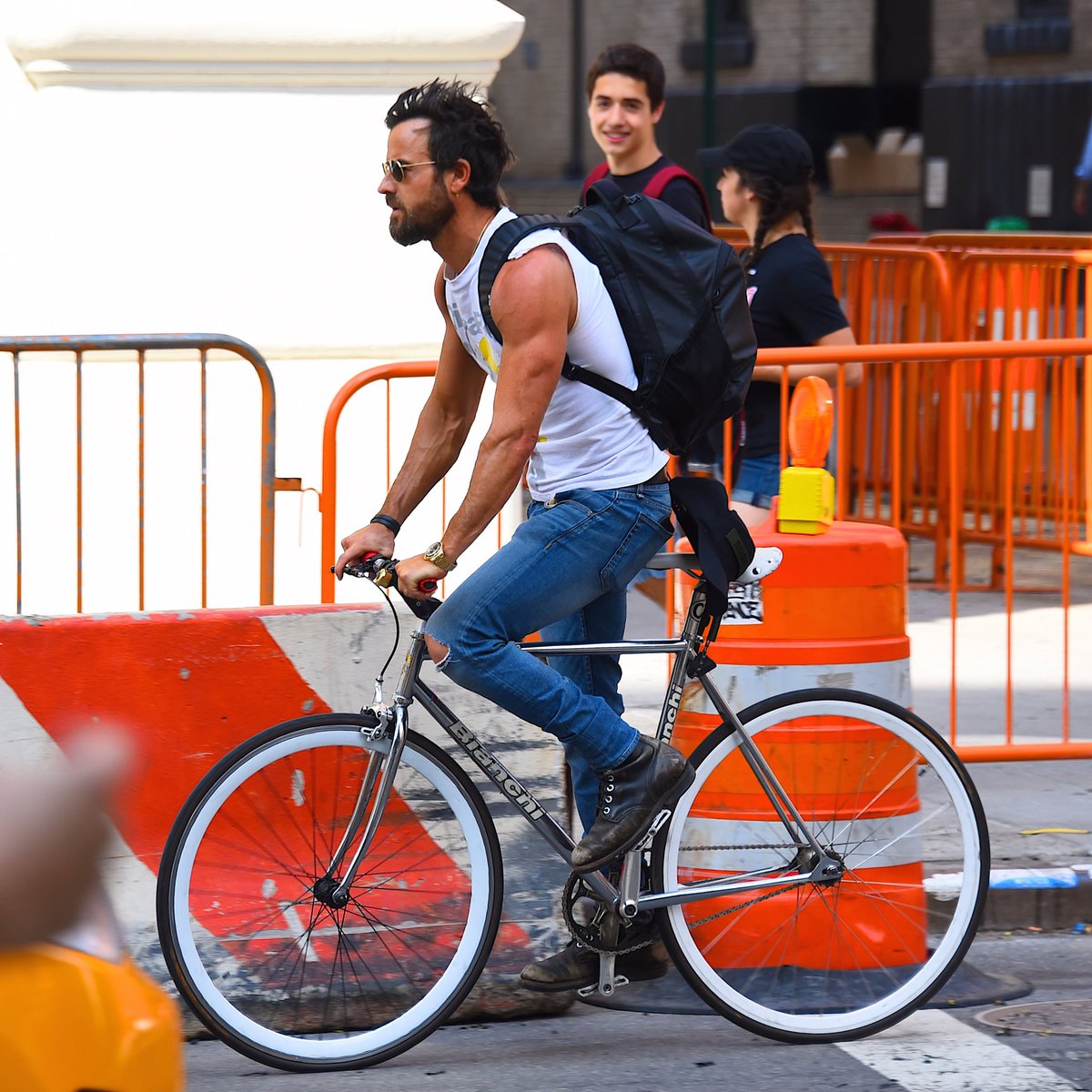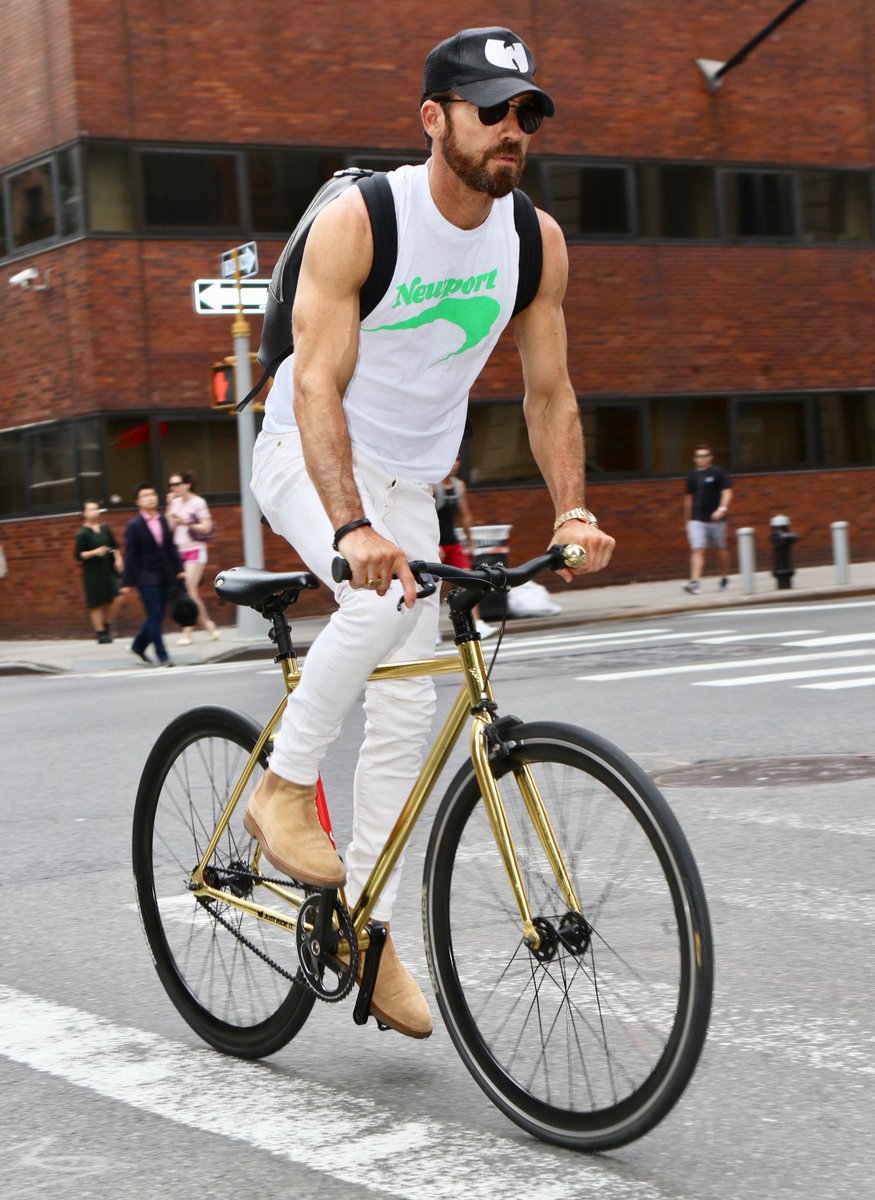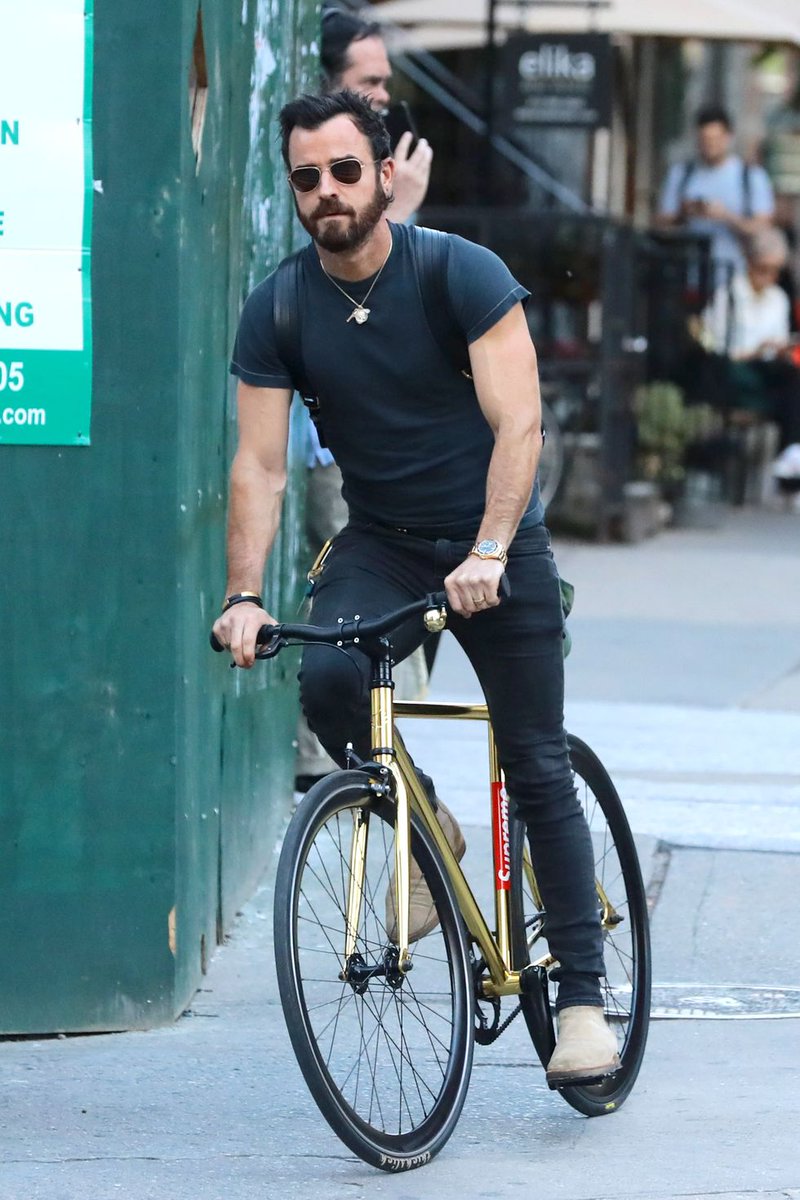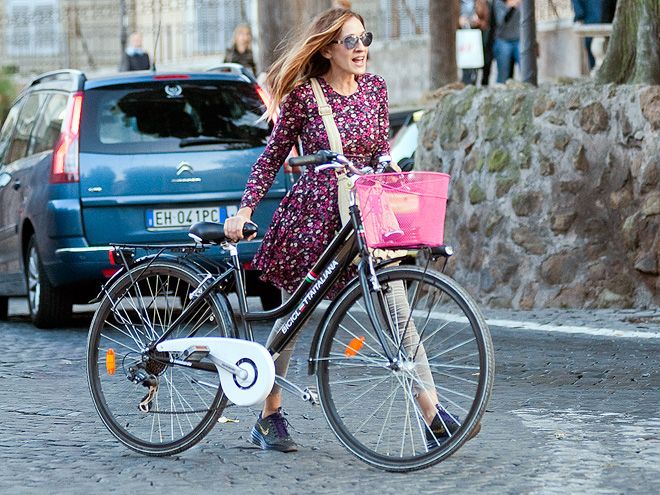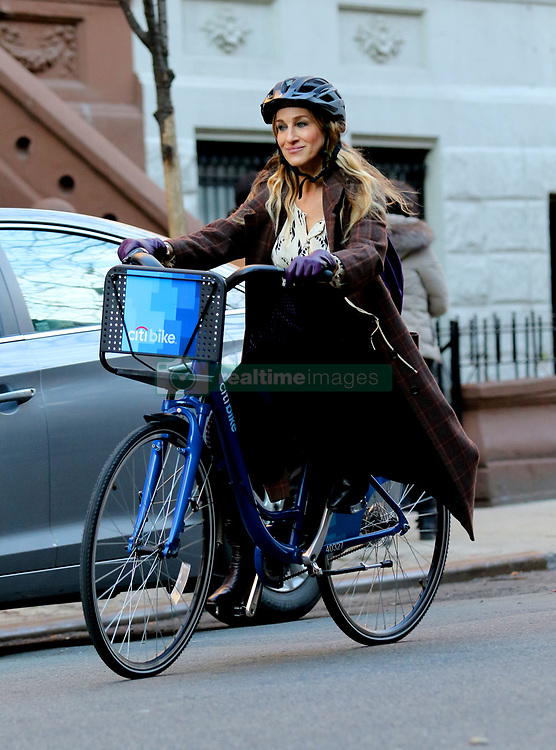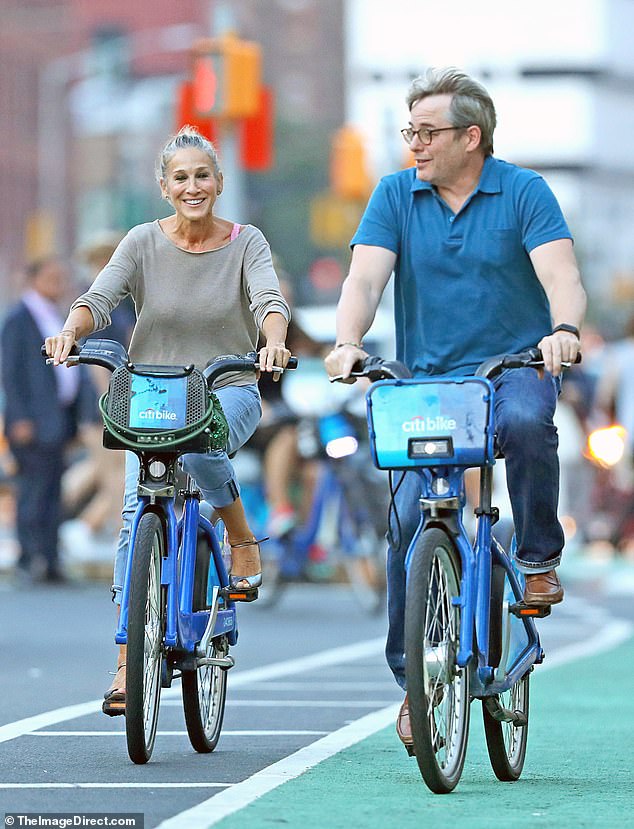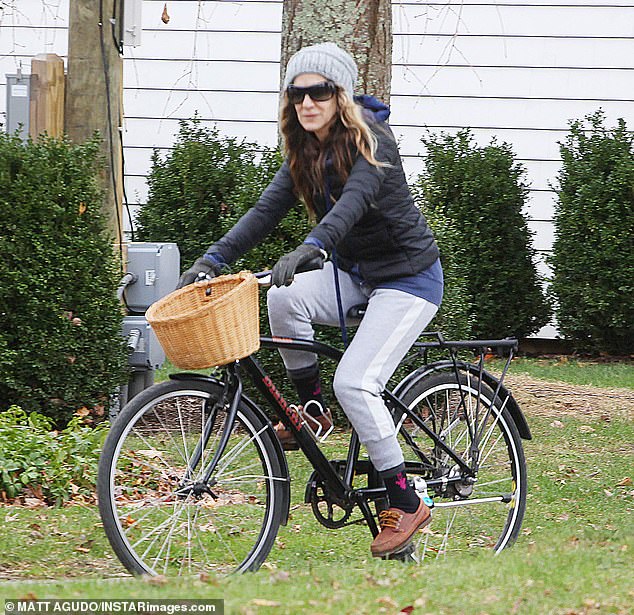
This weekend, I got together with a bunch of other Twitter friends and had a brainstorm on how pedestrians can work together to end car culture.
Together, we generated over 130 ideas.
Together, we generated over 130 ideas.
I've narrowed these down to 19 campaign angles that have the potential to chip away at car culture -- and which we're now looking to develop into fully fledged campaigns.
But first -- we need to connect with the folks already working on these issues.
But first -- we need to connect with the folks already working on these issues.
Below, I've listed the 19 campaign angles we're considering. If you know an individual, organisation or other group already doing good work on this -- can you reply and let me know about them?
That way we can make sure we're not reinventing the wheel.
That way we can make sure we're not reinventing the wheel.
1. Pedestrian priority at crossings -- this includes changing traffic lights to prioritise pedestrians, painting crossings on every junction and removing the need for beacons
2. Play streets and school streets -- Campaigning for more car free spaces for children including play streets, school streets and walking buses to school.
3. Walking marketing -- Approach the promotion of walking like the car industry, including better representation of active travel in popular culture like advertising, television, film, podcasts etc. This also includes amplifying and sexifying walking routes
4. Non-Violent Direct Action -- such as occupying dangerous junctions and reviving Reclaim the Streets protests of the 80s
5. No More On-Street Parking -- push to remove and re-purpose on street parking places with an included push for parklets and streateries.
6. Leafleting at dangerous junctions -- this might include physical leafleting or the use of posters to recruit people to the cause
7. Pedestrian counters -- Push for the introduction of pedestrian counters (like bike counters) in busy pedestrian thoroughfares that we'd like to see turned into car free places.
8. Remove street clutter -- Push for street clutter to be removed from pavements and shifted to the roadspace or other places and expand pavements to make more room for pedestrians.
9. Health and Fitness of Everyday Walking -- Focus on the health and wellbeing angle and the need to tackle obesity and inactivity by promoting the health and fitness of everyday walking.
10. Urban Greening -- A campaign for more street trees
11. Expose car culture -- A vocal campaign highlighting the damage of short car journeys and the dominance of car culture with a strong shaming element.
12. Anti-SUV campaign -- Including a ban on advertisement, ban in urban centres and an increase in costs for storage
13. Air pollution monitors at every intersection -- Displayed towards road users to give them a sense of the level of air pollution and the fact that they're contributing to it.
14. I walked here badges -- Design, create and distribute "I walked here badges" for folks to wear to raise awareness amongst businesses of how much of their clientele get there on foot.
15. HGV Bans -- in certain places and times, especially urban centres, following Paris' example
16. Tackle rat running through route planning apps -- Force route planning apps to stop routing cars through non-arterial roads by law
17. End pavement parking -- A mobility focused campaign to end pavement parking and make dropped kerbs mandatory.
18. E-bikes as car replacement campaign -- A campaign to get people to replace their cars with e-bikes
19. Veganuary style give up your car campaign -- A campaign to get people to not use their car for one month of the year to raise money for climate change charity.
(One more thing -- missed the brainstorm but seen something on here you'd like to get involved in? Let me know! It's the more the merrier in the fight to end car culture.)
• • •
Missing some Tweet in this thread? You can try to
force a refresh

